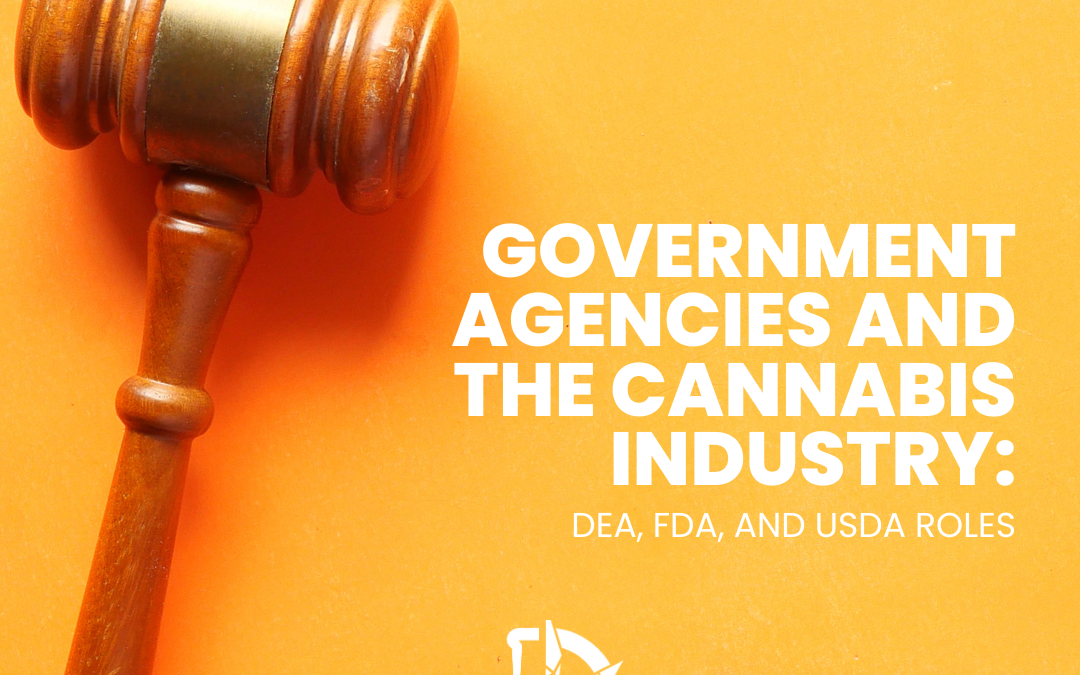The relationship between government agencies and the cannabis industry has been a complex one, marked by the tension between state law and federal regulations. The Drug Enforcement Administration (DEA), the Food and Drug Administration (FDA), and the United States Department of Agriculture (USDA) all play a vital role in regulating the cannabis industry.
The DEA, under the United States Department of Justice, is responsible for enforcing the Controlled Substances Act, which classifies cannabis as a Schedule I drug, the most restrictive category of drugs. The DEA’s role in the cannabis industry is to prevent the illegal distribution and use of cannabis, as well as to regulate the production and distribution of cannabis for research purposes.
On the other hand, the FDA is responsible for approving drugs and ensuring the safety and efficacy of pharmaceuticals and medical devices, including those derived from cannabis. Currently, there are only a few FDA-approved drugs containing cannabis, such as Epidiolex, used to treat seizures associated with certain conditions. The FDA also regulates products containing CBD, a non-intoxicating component of the cannabis plant, as well as products that claim to contain CBD.
The USDA, responsible for natural resource conservation, rural development, and economic development in rural America, has a limited role in the cannabis industry. However, the USDA has a significant role in regulating the cultivation of industrial hemp, a strain of cannabis that contains no more than 0.3% THC, the psychoactive component of the plant. The 2018 Farm Bill legalized the cultivation of industrial hemp, providing a new opportunity for farmers and businesses in rural America.
The federal government’s public policy on cannabis has been evolving over the years. In 1970, President Abraham Lincoln signed the Controlled Substances Act, which classified cannabis as a Schedule I drug. However, in recent years, there has been a growing acceptance of the medical use of cannabis, and some states have legalized the use of cannabis for medicinal and recreational purposes.
While the federal government’s stance on cannabis is still in flux, government agencies such as the FDA and DEA continue to play a crucial role in regulating the cannabis industry, ensuring public health and safety. Through their programs and services, these agencies are working to develop guidelines for clinical trials and the regulation of cannabis-derived products, including drugs, medical devices, and biological products. Additionally, the FDA regulates radiation-emitting products and tobacco products, while also ensuring food safety and nutrition.
The relationship between government agencies and the cannabis industry remains complex, but their roles are critical in ensuring public health, safety, and economic development. As the cannabis industry continues to evolve, it will be essential to strike a balance between state law and federal regulations, so that the industry can thrive while maintaining public safety and health.
What Is the Role of the U.S. Department of Agriculture (USDA)?
The United States Department of Agriculture (USDA) is a federal agency responsible for ensuring food safety, natural resource conservation, rural and economic development, and human services across the nation. With over 100,000 employees, the USDA provides programs and services to support farmers, ranchers, and rural communities.

One of the primary responsibilities of the USDA is to conserve natural resources and promote sustainable farming practices. This includes the management of public lands and forests, as well as the conservation of soil, water, and wildlife. The USDA also provides technical assistance and funding to farmers and ranchers to help them adopt sustainable farming methods.
Another key role of the USDA is to ensure that the nation’s food supply is safe and nutritious. The agency sets standards for food quality and safety and oversees the inspection of meat, poultry, and egg products. The USDA also supports nutrition programs to provide healthy food options to low-income families and school children.
The USDA also plays a significant role in rural and economic development. The agency provides loans and grants to support small businesses, infrastructure projects, and community facilities in rural areas. Additionally, the USDA promotes international trade and markets American agricultural products overseas.
While the USDA does not have a direct role in the cannabis industry, the agency does regulate the cultivation of industrial hemp, a strain of cannabis that contains no more than 0.3% THC, the psychoactive component of the plant. The 2018 Farm Bill legalized the cultivation of industrial hemp, providing a new opportunity for farmers and businesses in rural America.
In addition to its primary functions, the USDA also collaborates with other federal agencies, including the Drug Enforcement Administration (DEA) and the Food and Drug Administration (FDA), to regulate the production and distribution of controlled substances, including drugs and tobacco products.
The USDA plays a significant role in ensuring food safety, natural resource conservation, rural and economic development, and human services across the nation. While the agency does not have a direct role in the cannabis industry, it supports sustainable farming practices and the cultivation of industrial hemp. Through its programs and services, the USDA contributes to the well-being of rural America and the nation as a whole.

